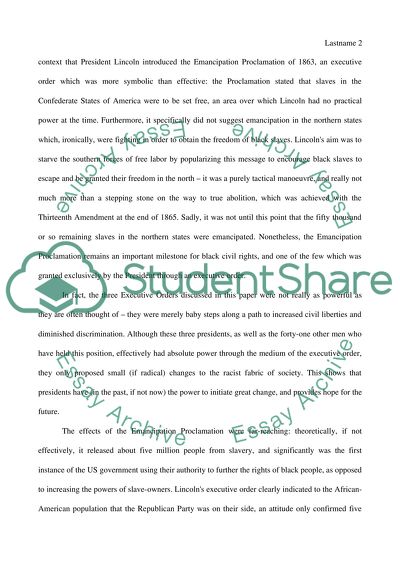Cite this document
(“African Americans and the Executive Power Coursework”, n.d.)
African Americans and the Executive Power Coursework. Retrieved from https://studentshare.org/politics/1585506-week-12-essay
African Americans and the Executive Power Coursework. Retrieved from https://studentshare.org/politics/1585506-week-12-essay
(African Americans and the Executive Power Coursework)
African Americans and the Executive Power Coursework. https://studentshare.org/politics/1585506-week-12-essay.
African Americans and the Executive Power Coursework. https://studentshare.org/politics/1585506-week-12-essay.
“African Americans and the Executive Power Coursework”, n.d. https://studentshare.org/politics/1585506-week-12-essay.


